On the afternoon of May 24, the National Assembly discussed a number of controversial contents of the Civil Defense Law project.
Presenting the report on receiving, explaining and revising the draft law, Chairman of the National Defense and Security Committee Le Tan Toi said that there are still many different opinions on the issue of the Civil Defense Fund, so the National Assembly Standing Committee has developed two options.
Option 1 as proposed by the Government is: The Fund is implemented on a voluntary basis, not mandatory; used in conditions where the State budget cannot meet the demand in a timely manner, while the financial resources required when an incident or disaster occurs are very large, urgent and urgent to contribute to limiting the impact of the incident or disaster.

Currently, there are many types of incidents and disasters that do not have funds to use when they occur. The National Assembly Standing Committee believes that if there is a Civil Defense Fund, there will be immediate resources to carry out emergency relief activities to minimize damage caused by incidents and disasters.
Option 2: "In urgent cases, the Prime Minister decides to establish a Civil Defense Fund to manage and use funding sources, support, voluntary contributions in cash and assets from domestic and foreign organizations and individuals and other legal sources for activities to prevent and overcome consequences of incidents and disasters".
This option assumes that the Civil Defense Fund has not yet clarified its independent financial capacity, because the Fund's spending tasks in some cases may overlap with the spending tasks of the State Budget. In addition, the efficiency of this Fund will not be high because when natural disasters occur, a very large amount of funds will be needed, so if the balance is kept at a small level, it will not be able to meet the needs, if the Fund's balance is large, it will be wasteful because it is not used regularly, and disaster response still requires the use of the budget.
The National Assembly Standing Committee, the drafting agency, agreed with option 1. The majority of National Assembly deputies also supported this option, because the disaster situation occurs unexpectedly, ensuring proactiveness and flexibility in handling.
National Assembly Deputy Duong Khac Mai (Dak Nong) said: “Preparing resources, of which financial resources are very important, to promptly respond to disasters and incidents. We cannot wait until the water reaches our feet and we can’t jump in time.” However, he also noted how to manage to ensure efficiency and avoid loss.
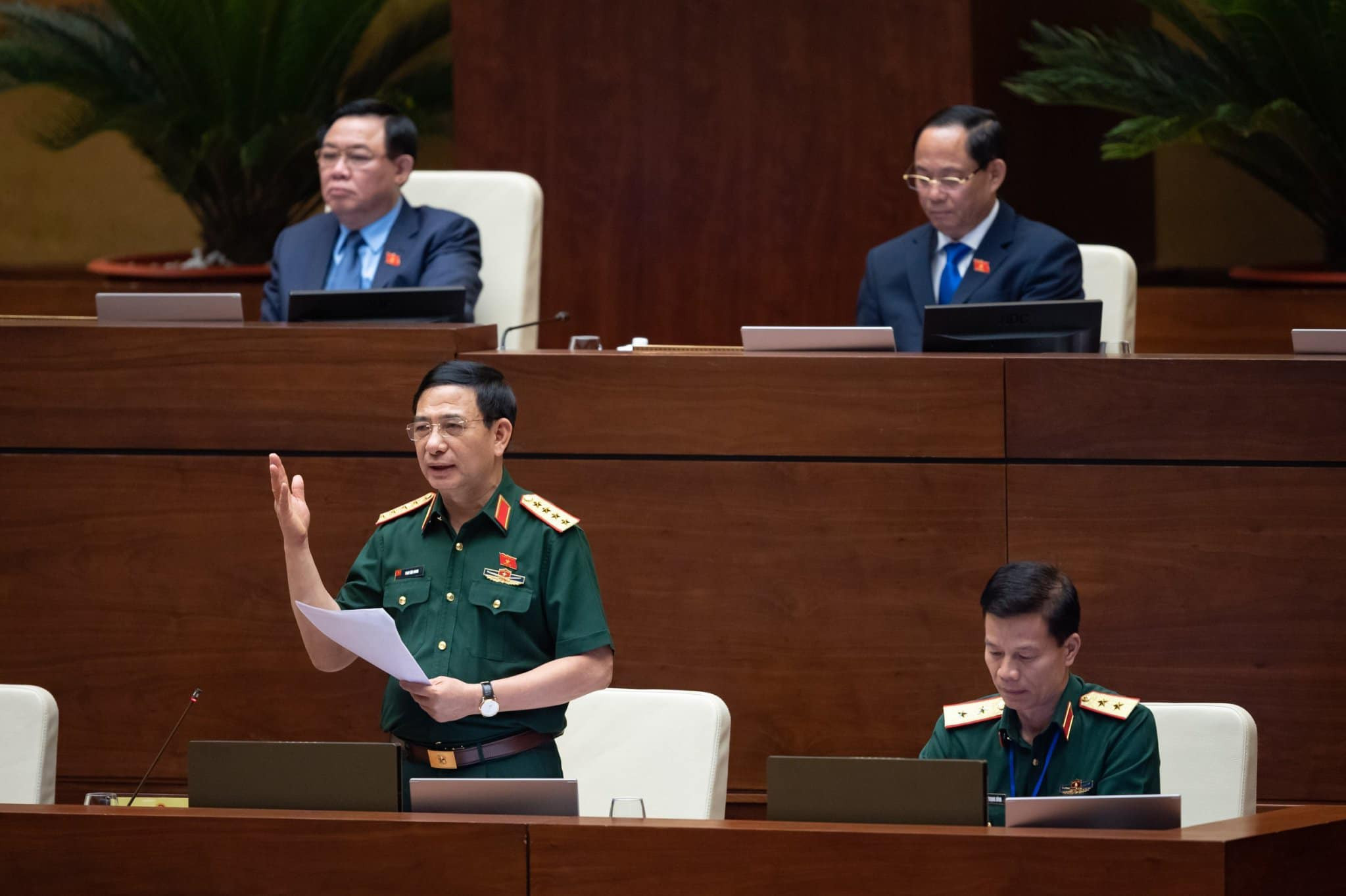
On behalf of the drafting agency, General Phan Van Giang, Minister of National Defense, spoke about the basis for establishing the Civil Defense Fund.
The Minister said that when the Covid-19 epidemic broke out, especially in Ho Chi Minh City and some southern provinces, the Party, State and Government leaders directly assigned the army and armed forces, along with the medical sector, to deploy to areas with strong outbreaks.
The Minister shared with the National Assembly: "First, the army was assigned to establish hospitals on the first floor, then the second floor, the third floor and the highest floor. From the first floor to the second floor, to the third floor is very difficult, we cannot just go up. A Minister told me that to establish a 300-bed field hospital is extremely difficult, there are equipment that must be purchased for tens of billions, which at that time could not be purchased."
During the anti-epidemic period, the army set up thousands of hospital beds, established 16 hospitals with a scale of 500 - 1,000 beds in the Central region such as Khanh Hoa; the South such as Dong Nai, Ho Chi Minh City or the North such as Hai Duong, Ha Nam, Bac Giang...

General Phan Van Giang cited that when the epidemic first broke out in Bac Giang, the Prime Minister requested "immediate disinfection". "We moved forces and units overnight. The next day, we quarantined people and those in the epidemic area. If we did not have reserve forces and were not prepared, we could not do this", Minister Phan Van Giang shared.
In addition, the Government assigned the Ministry of National Defense to be responsible for transporting vaccines to all regions of the country. The Minister said that the Army had to mobilize air force vehicles such as transport planes and helicopters because cars could not reach areas with inconvenient road traffic, and even to nearby and remote islands.
The army has also used mobile oxygen production vehicles to supply all hospitals when oxygen is in short supply. “This is the key to early and far-reaching preparation. I request that National Assembly members support the establishment of a Civil Defense Fund as well as a reserve force,” the Minister of Defense said.
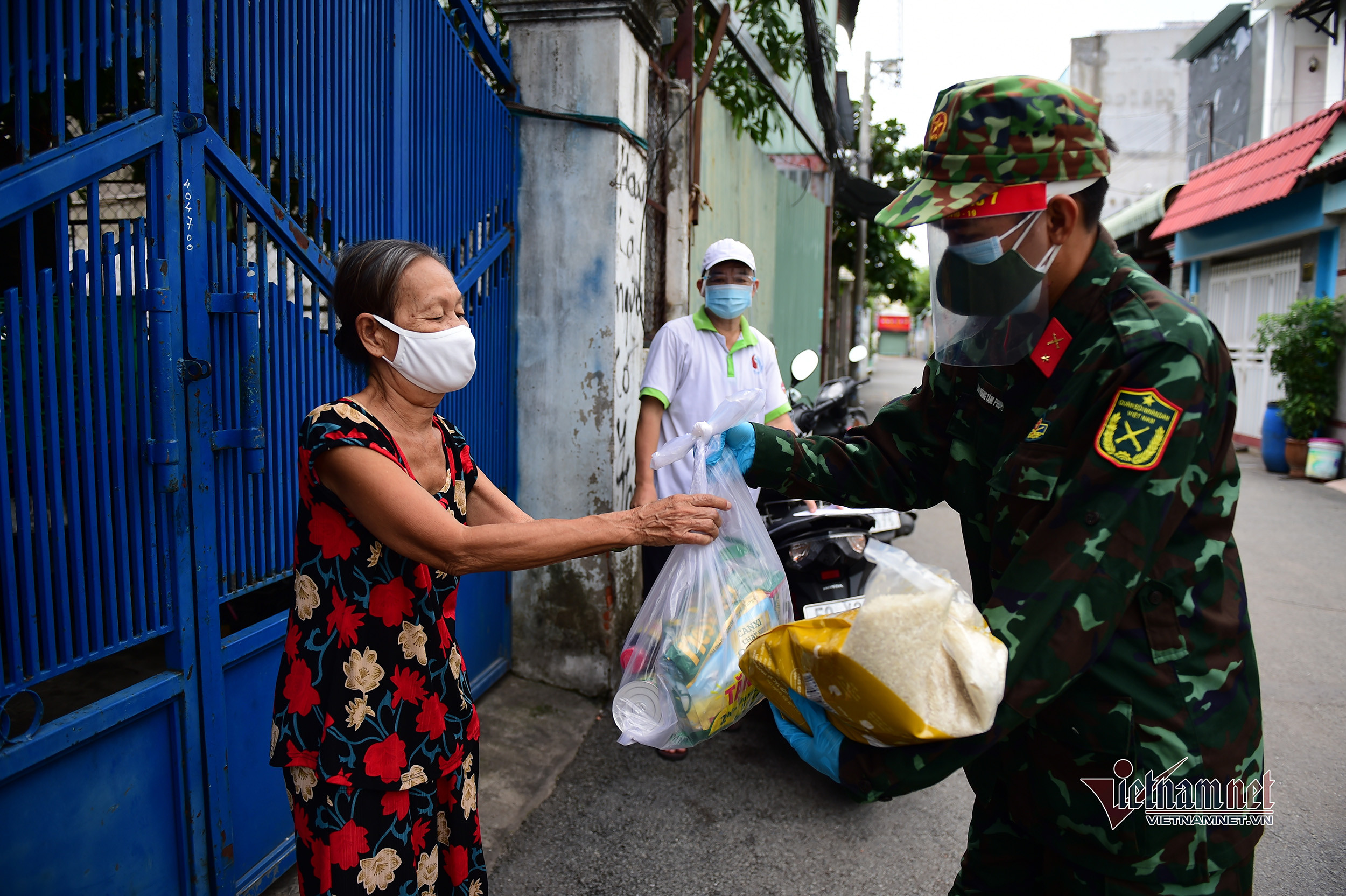
The Minister affirmed that "we need reserve forces, we need capital, we need funds" and if a disaster occurs, it will fail. He also emphasized that the establishment of the fund will not increase the payroll, but will be managed by the Ministry of Finance similar to the Vaccine Fund, as decided by the Prime Minister.
Source



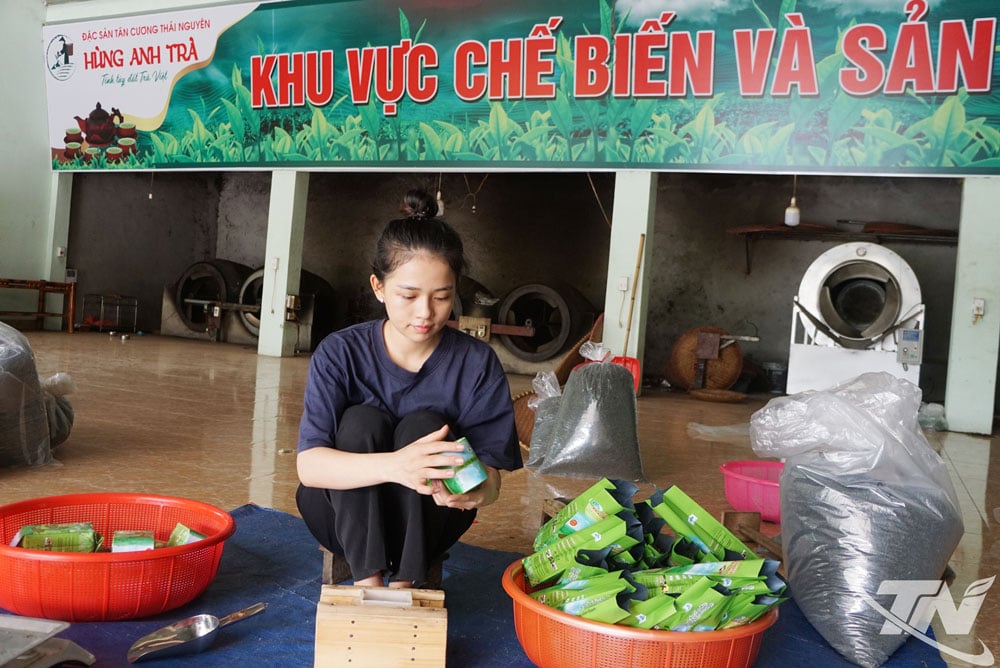



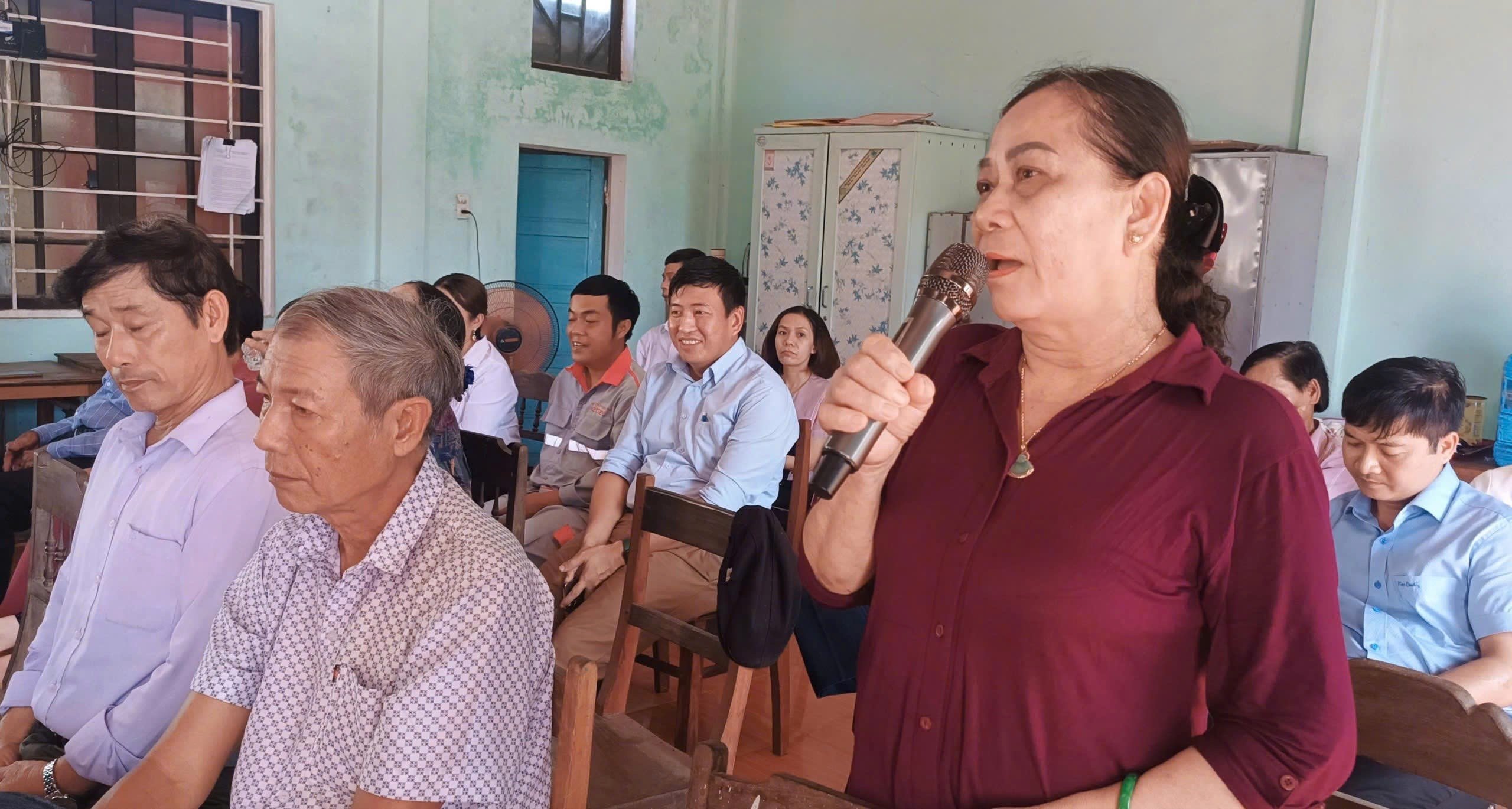
















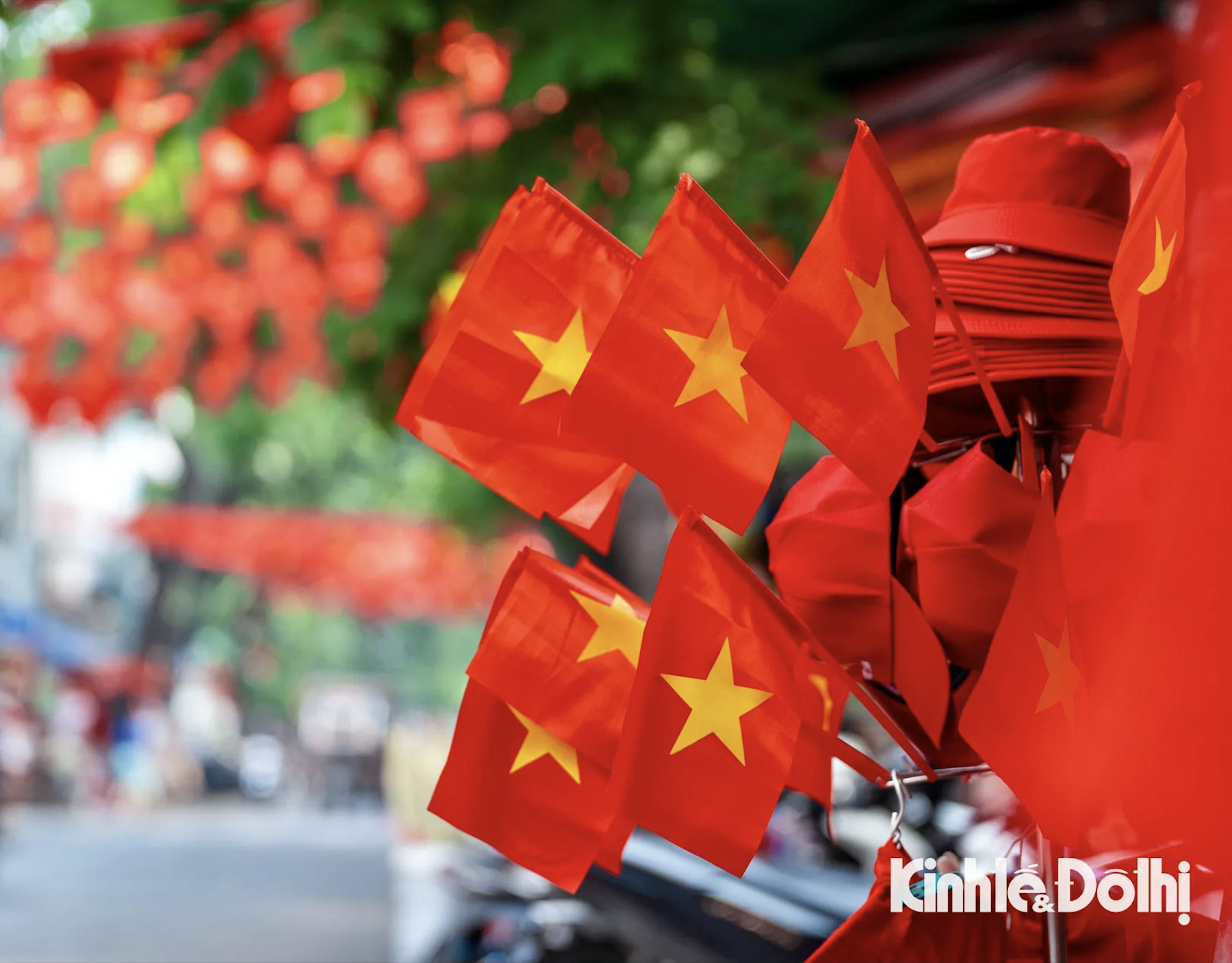
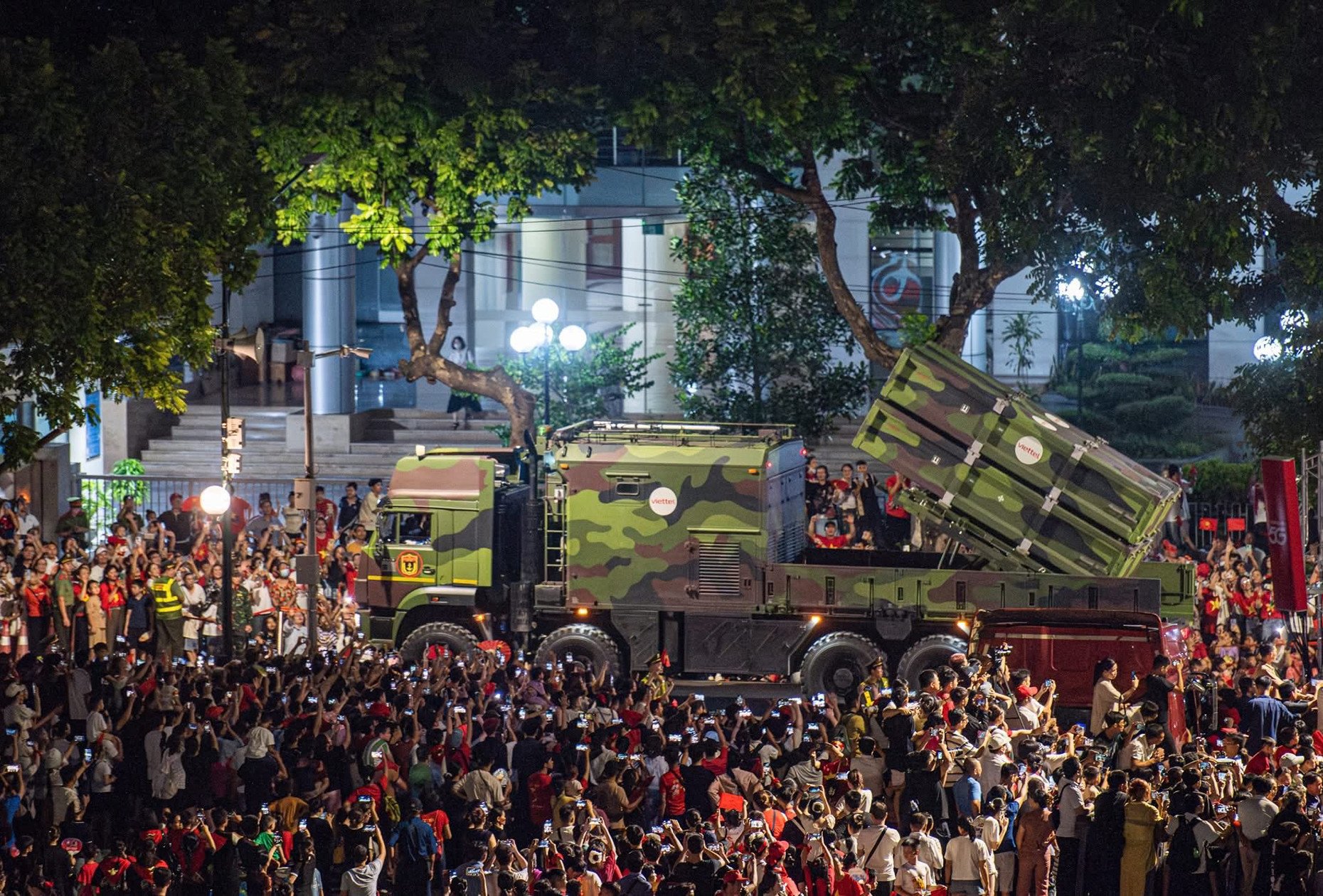
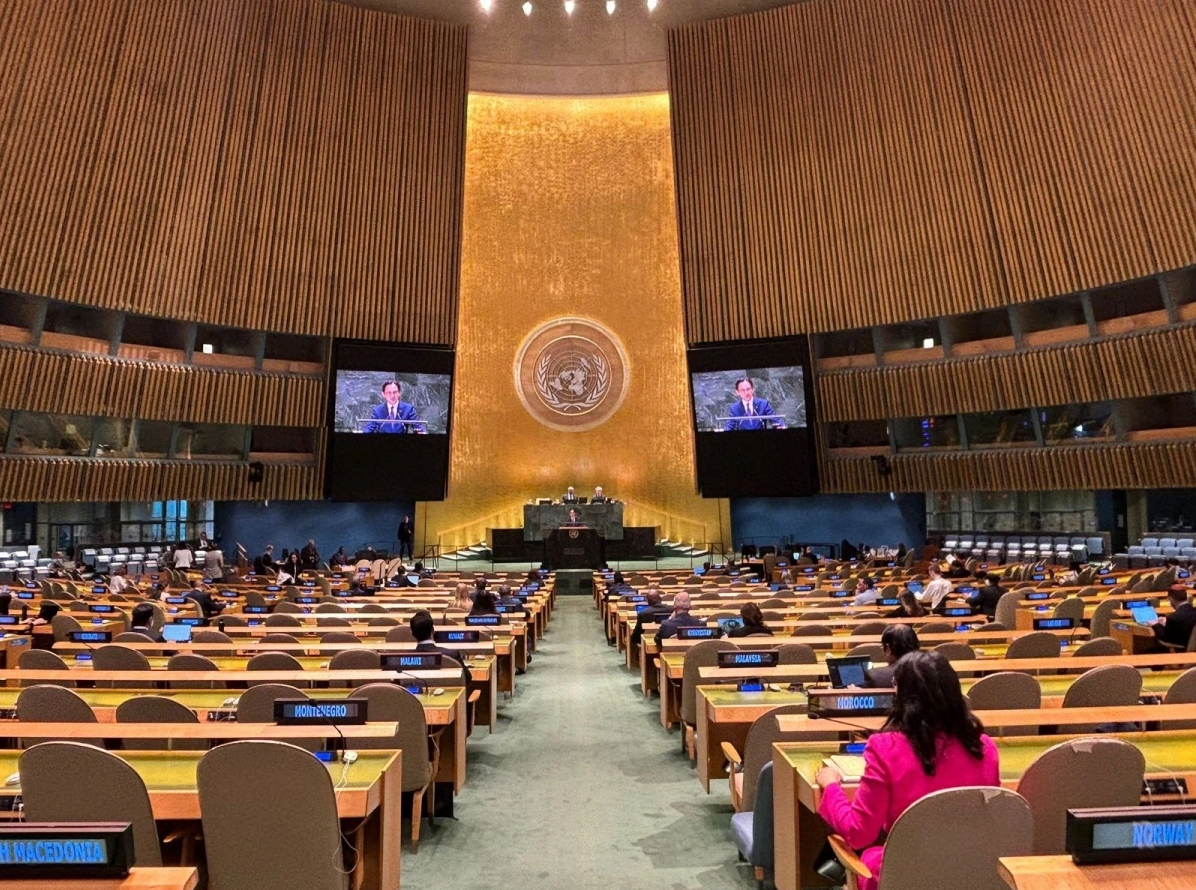
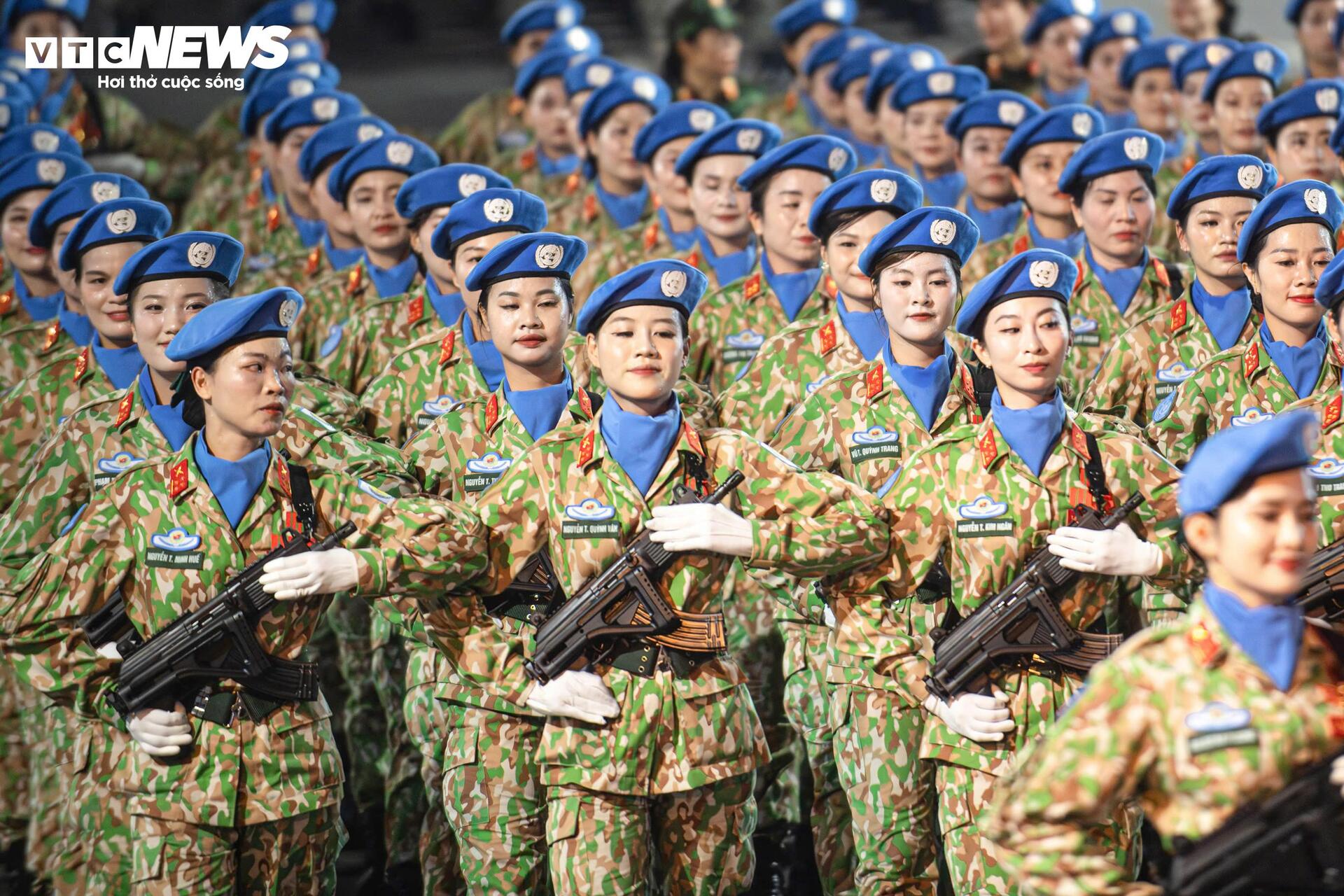
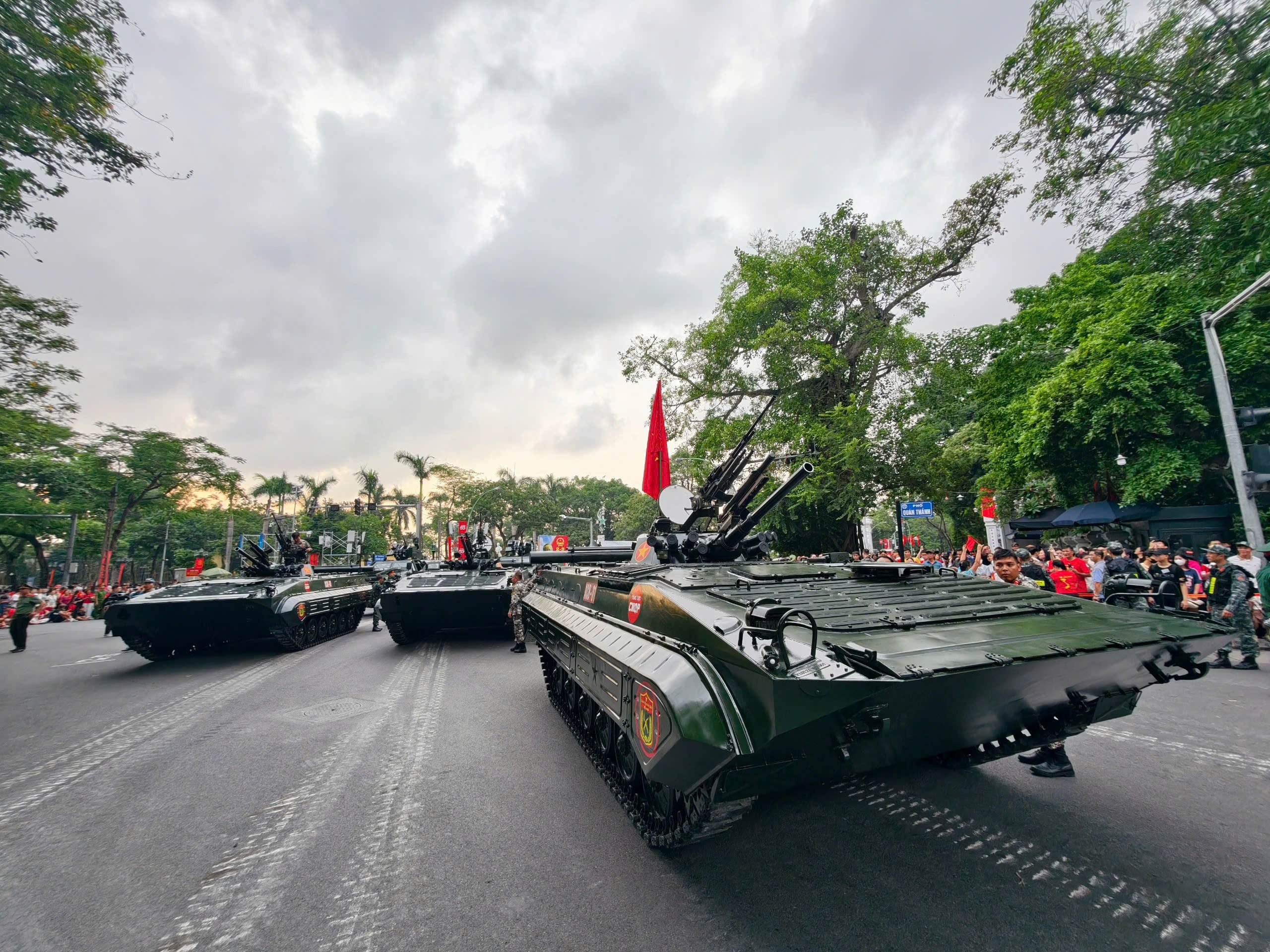
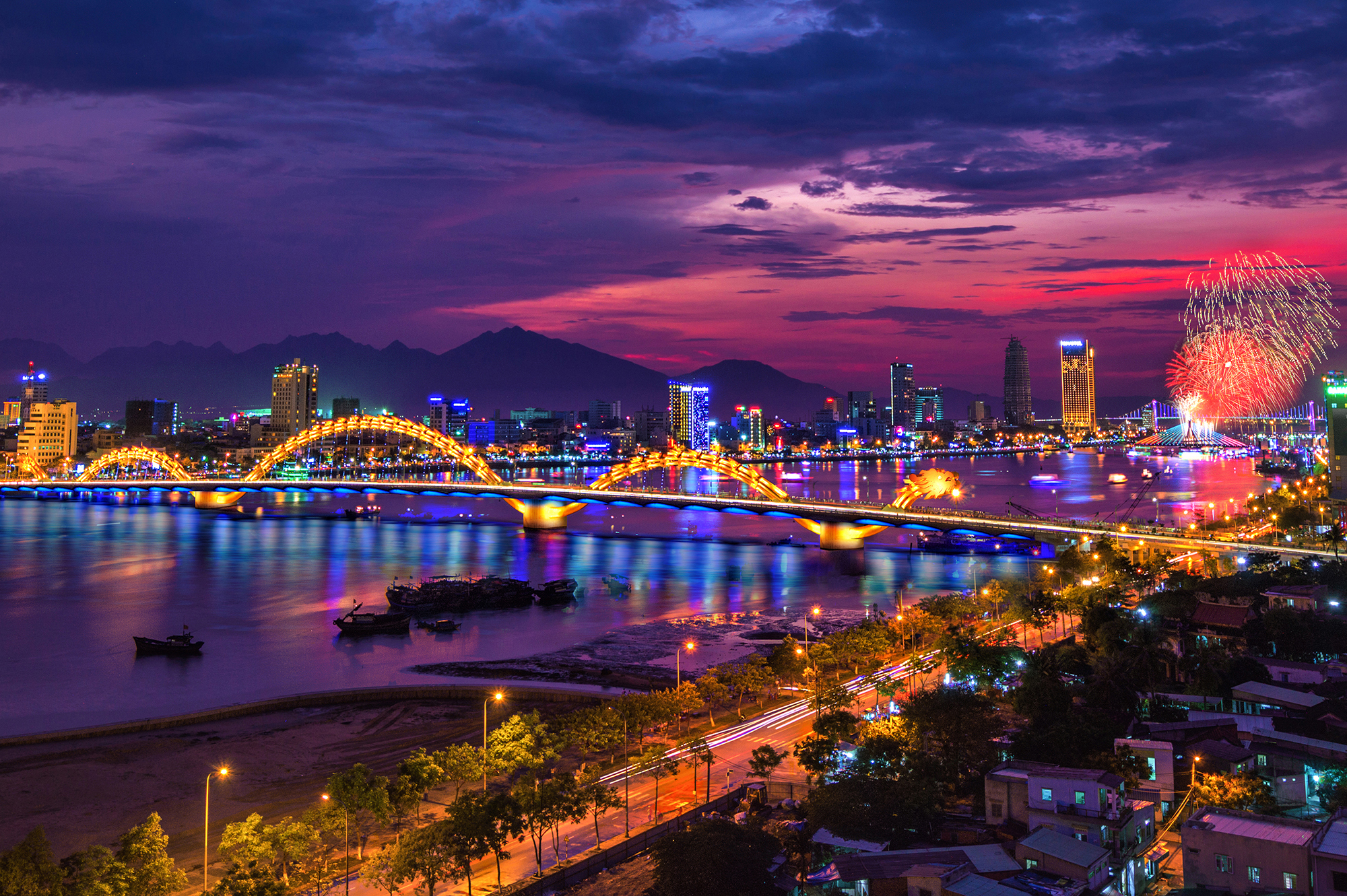
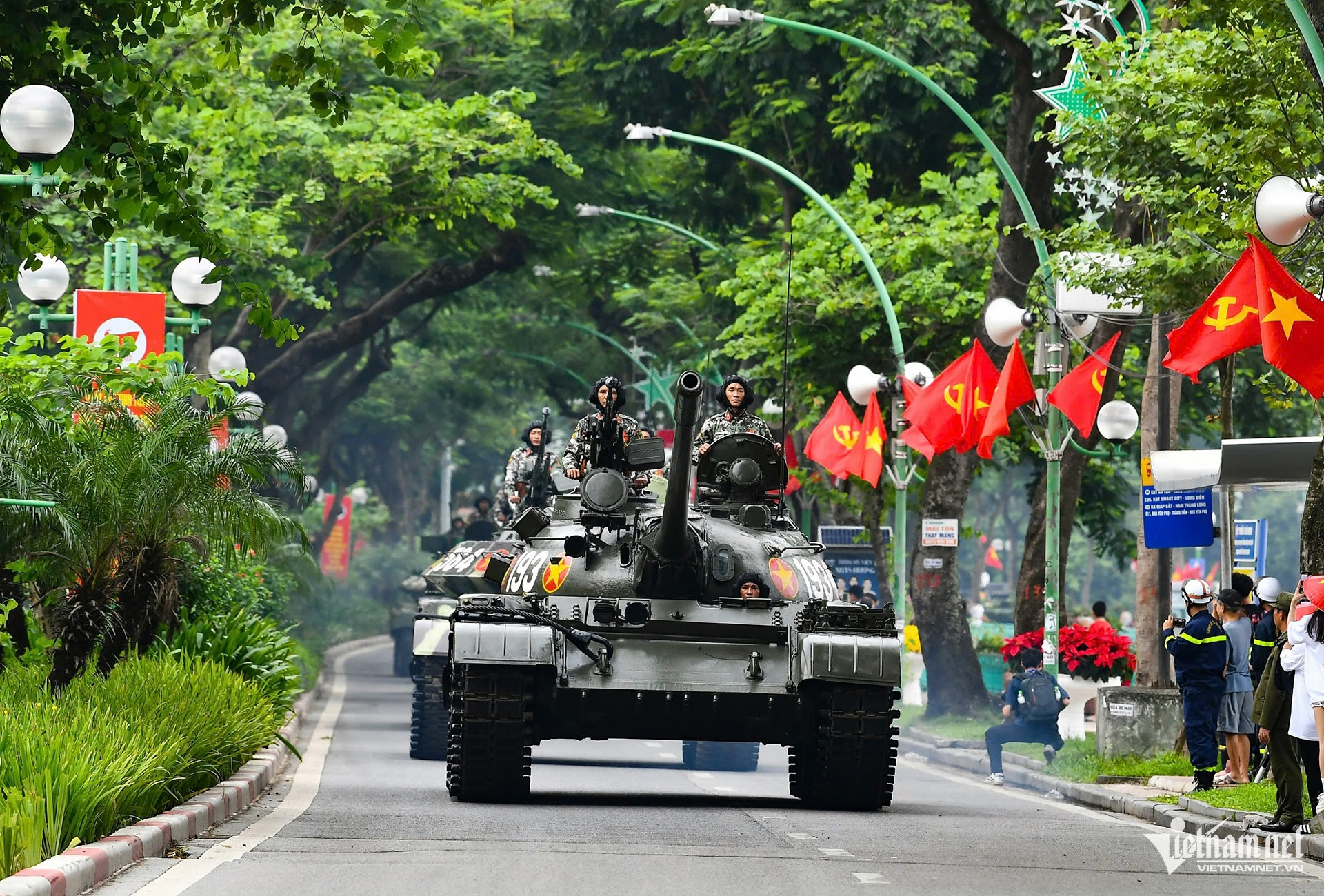
![[Photo] Scientific workshop "Trade unions with the task of participating in state management and building a socialist rule of law state"](https://vstatic.vietnam.vn/vietnam/resource/IMAGE/2025/8/22/789f6384ec37466098a8bcb531deb281)


















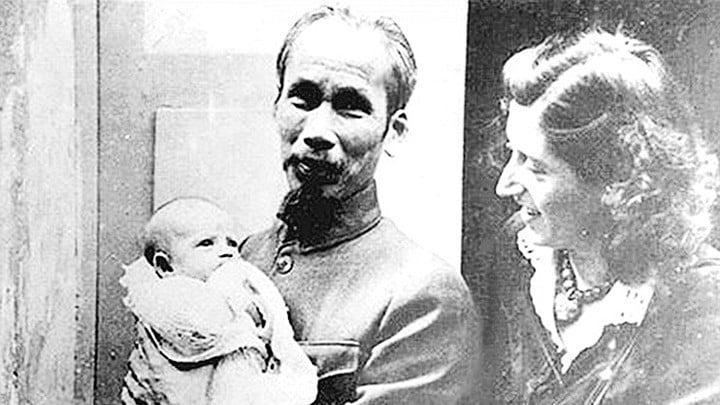










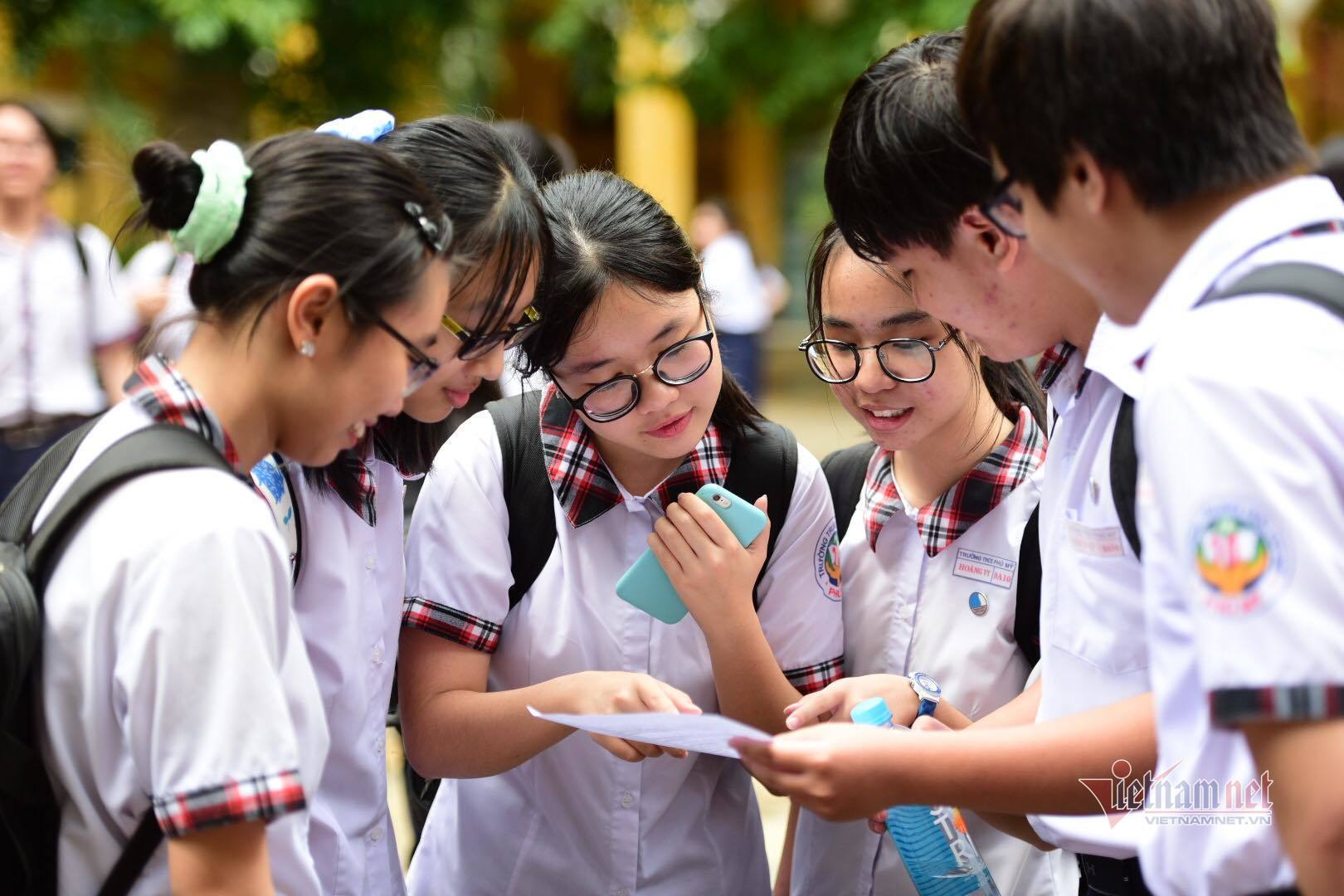





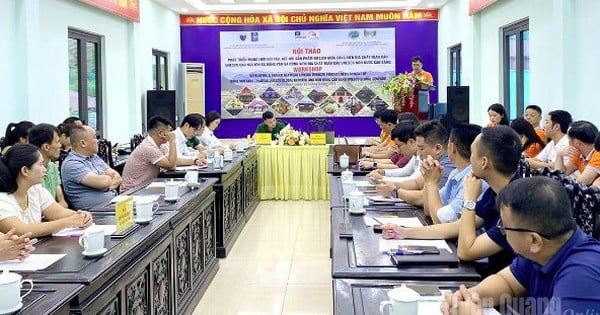

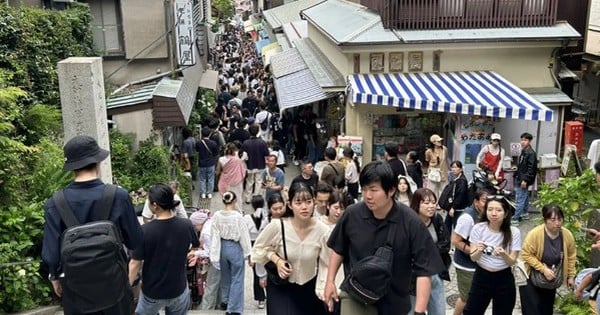
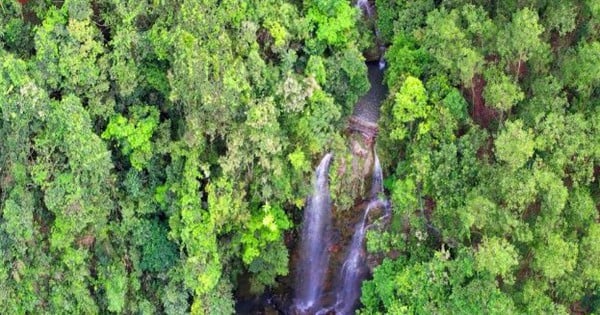
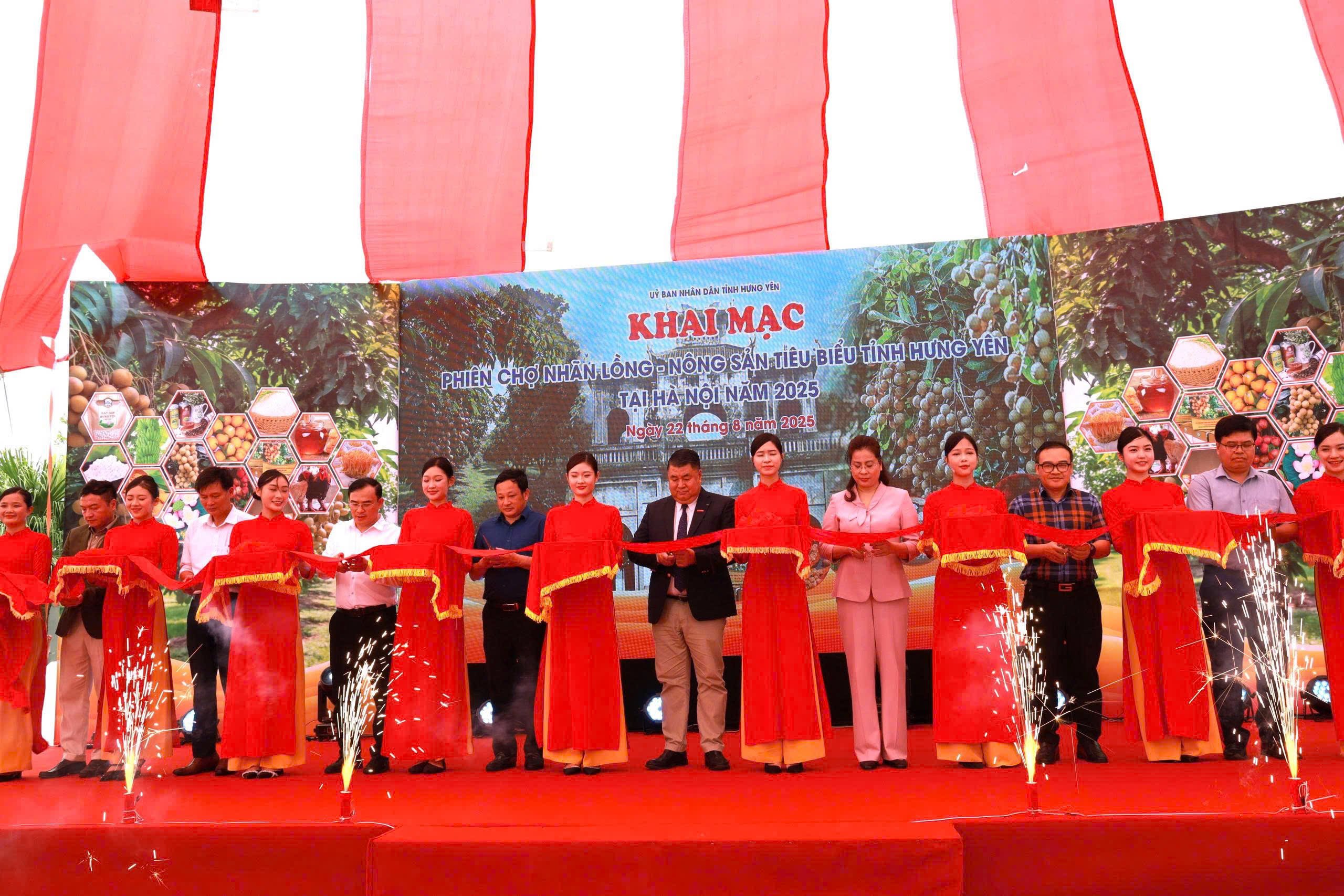


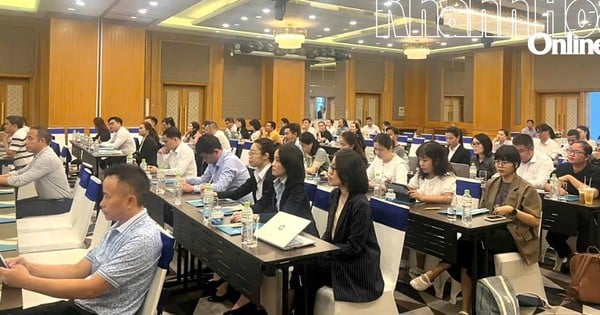













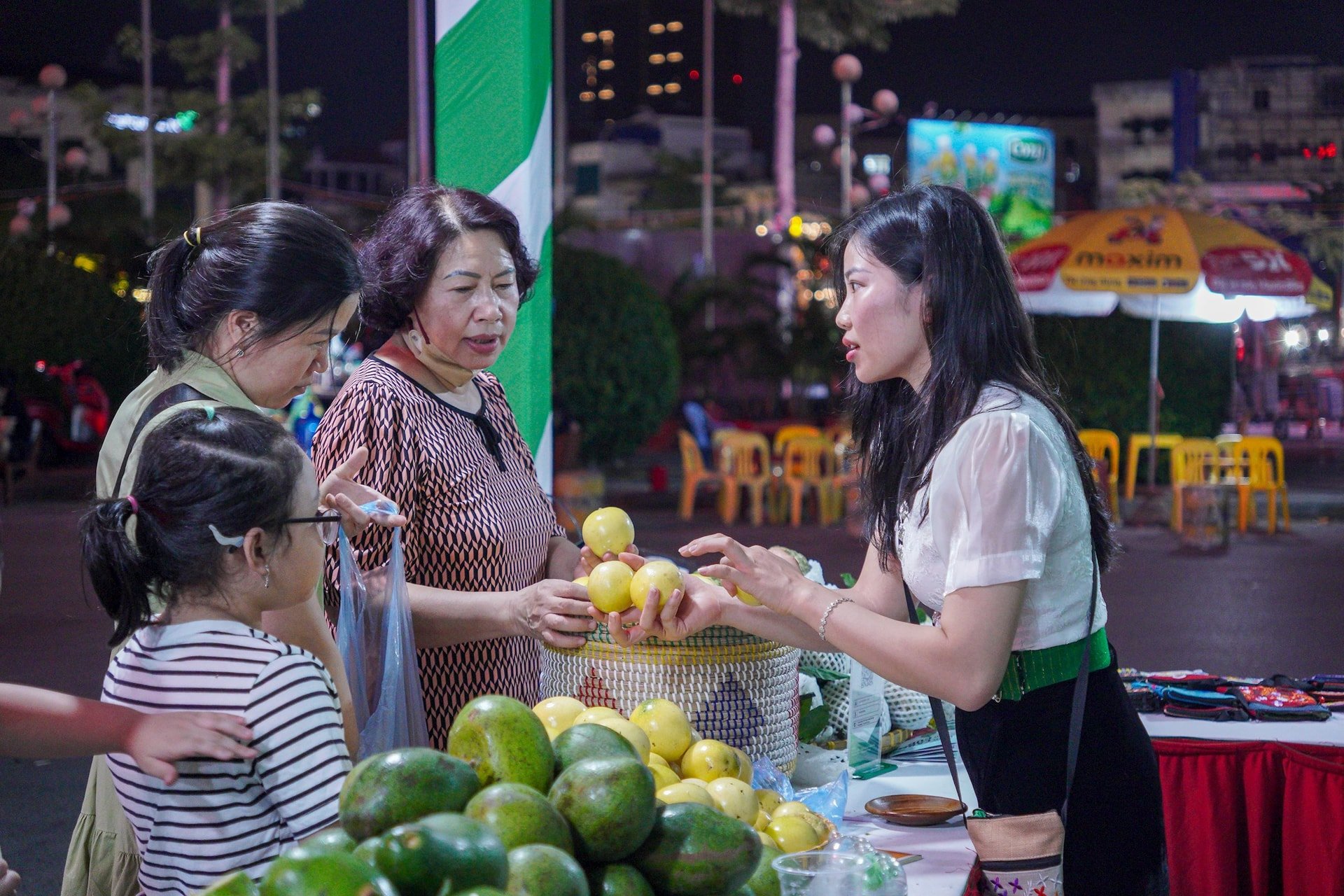








Comment (0)